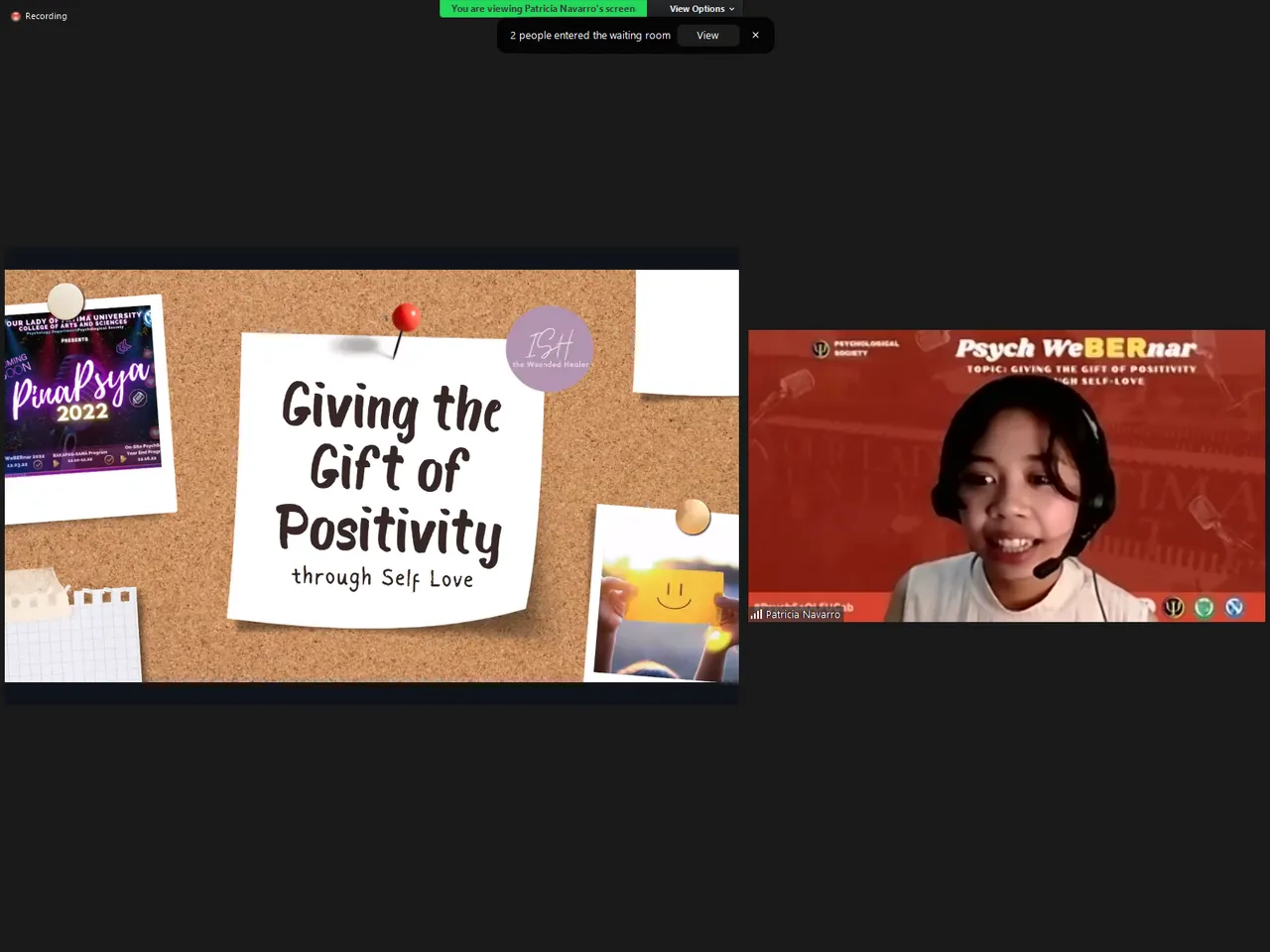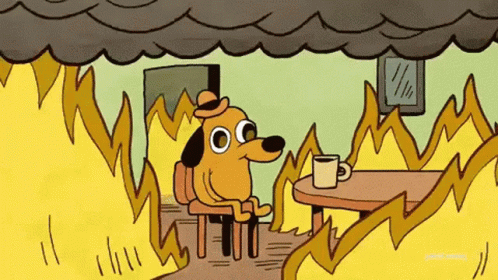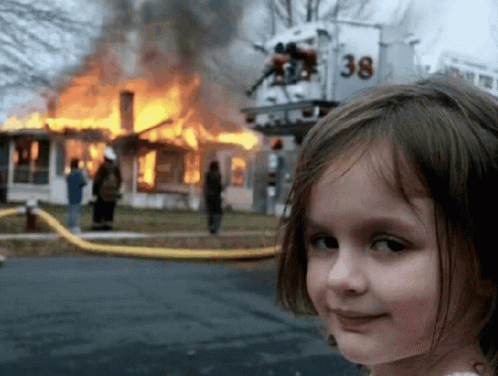Last Saturday, I attended a mental health first response training with other Filipinos who want to be certified responders. One of the participants shared that the training might help them teach the youth to be more resilient.

just a pic of me doing a webinar 😂
Wait a minute. Something didn’t sit right with me. Let’s backtrack on what resiliency means according to our trusty madame Merriam-Webster:
“an ability to recover from or adjust easily to adversity or change”
Resiliency is instrumental
Yes, the ability to bounce back again is vital. That’s why our communities existed in the first place – our ancestors survived the harshest conditions, and their capacity to adapt grew over time. Having a strong community attracts investors and developers (Molina, 2021). It means it’s good, right?
On a personal level, resiliency builds the inner knowing that we can overcome challenges. It gives us the confidence to get hurt, be okay, and learn from it. Resiliency gives us a space to believe in ourselves and trust that the universe is still looking out for us.
Then, why was I uncomfortable hearing it? I’m sure my co-participant means well, but when discussing how to help our well-being and address mental health issues, we need a better narrative than “be resilient.”
Essentially, resiliency is finding your ground again after a stumble. However, for most of us, adversities in this day and age feel more like a disaster. It’s the out-of-scale calamities and broken houses. It’s the inflation and wincing at the prices of the onions. It’s job insecurity and feelings of worthlessness. The list goes on.
The “ick” is justified
Resiliency sounds like putting out a fire with only a bucket of water. And there’s no surprise: It has been so overused by those who have the power to make the changes to improve our lives from surviving to living.

Resiliency spoken without a sense of accountability ends up just another term to continue the socioeconomic divide. People in power will shift the responsibility of recovery to us while they enable those who induce our suffering.
It’s an “ick” because we have no choice but to be resilient. We know we can’t just dwell on our stresses since it doesn’t achieve anything. We still have dreams and hopes, so we develop a positive mindset.
It’s like we’re all living inside a burning house, taking turns in hosing down the flames, and it cools down for a while. Yet, the flame source is still alive somewhere.

We’re still unsafe. We must reclaim our rights to better education, housing, legal system, and more. Enablers of abuse need to be held accountable.
Resiliency and mental health
Going back to my training last Saturday, I believe the youth should learn how to manage their thoughts and emotions, find healthy outlets, and engage in life-affirming activities. They should have access to that kind of mental health support. In fact, it is something I highly encourage everyone to look into.
But it isn’t the only action we can take as a response to the inaction of our government.
Remember, mental health is a public health issue. Everyone gets affected by it, regardless of age, economic status, gender, or race. We need all hands on deck if we wish to be mentally healthy in a nation close to burning down to ashes.
Thank you for reading 💜
This is my first "serious" blog in Hive - I wish you liked reading my thoughts on resiliency. Let me know what you think! I'm just on discord if you have any questions or want to share anything 🤗
If you wish to invite me as a speaker, you can email me at ishthewoundedhealer@gmail.com or my page.
Want to order my poetry zine? You can check out this link.
Have a healing day ahead! 💜
(gifs from peakd.com)